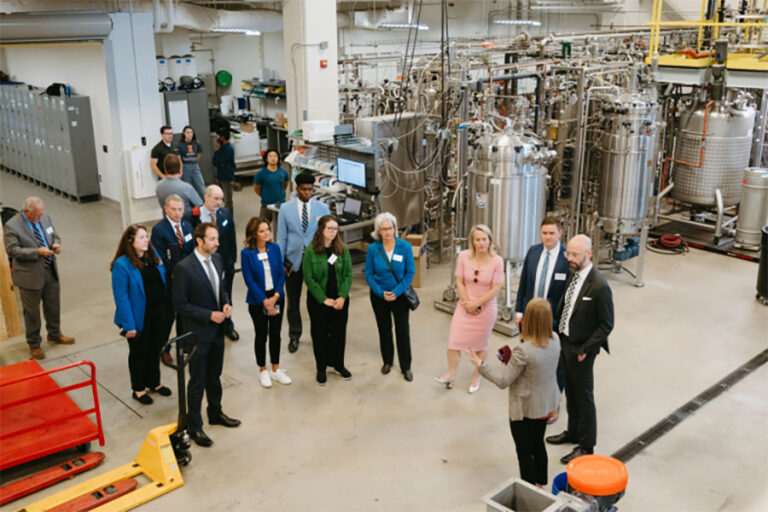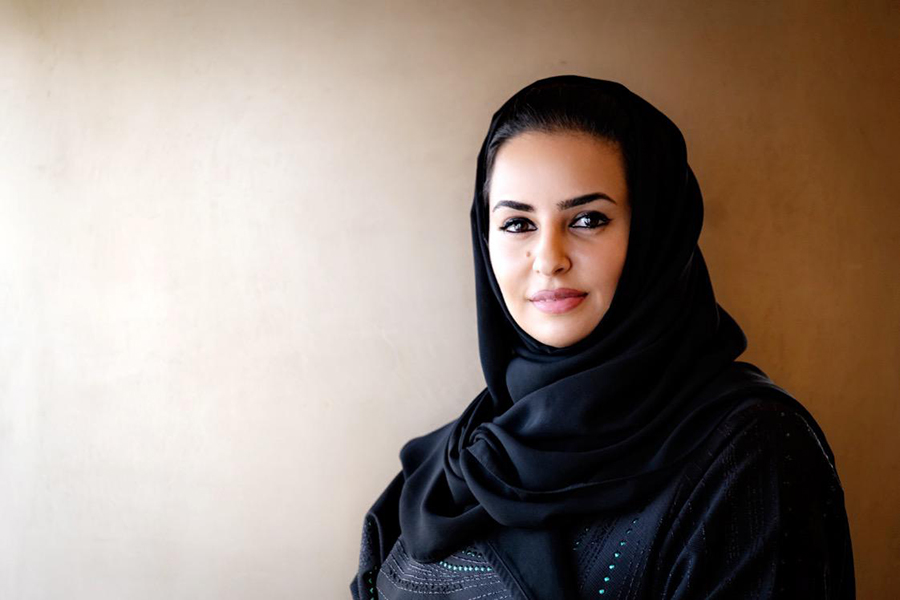
The driving force at the heart of innovation and digitalization in Saudi Arabia is a remarkable woman. Deemah Al-Yahya is advisor and chief of Misk Innovation, part of Misk Foundation. Specializing in digital transformation, digital economy and literacy skills, Al-Yahya is helping develop an innovative ecosystem that enables Saudi talent to thrive through the growth of entrepreneurial and tech businesses and communities moving Saudi youth to the forefront of digital nations.
Furthermore, as a tech pioneer and the first Saudi female assigned the role of executive director, leading developer experience & digital innovation, Al-Yahya is an inspirational role model for women in the region. She has led a number of initiatives aimed at breaking gender-based job roles in the IT industry. Buzz caught up with Al-Yahya at Viva Technology in Paris to discuss the role of Misk Innovation in the Kingdom and how Vision 2030 is introducing women to new levels of leadership and economic empowerment.
Can you introduce us to the role of Misk in the digital transformation strategy of Saudi Arabia?
Our strategy consists of three aspects. First, the digital society: the infrastructure and connectivity, open data and upskilling human capital. Second, the digital economy: digitalizing healthcare, e-commerce, education and smart cities. We have blueprints on how to adopt the mindset for disrupting business models using technology as a tool. Third, the digital nation: how we can organically grow an innovative generation that will sustain the transformation not only for 2030 but beyond.
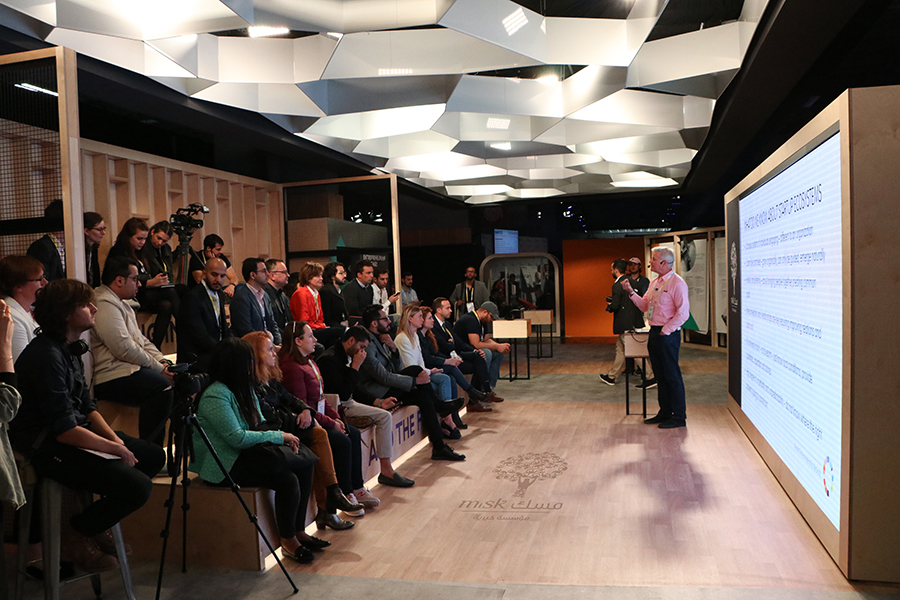
How are you structured in terms of what you do on a national level and then in terms of enhancing the international brand of Saudi Arabia?
Misk Innovation is one of the initiatives of the foundation, but not the only one. Misk Foundation aims to build a generation of leaders in four main aspects: education, media, arts and culture, technology and science.
“Since Saudi Arabia is a young, tech-savvy nation, I decided we should move from being consumers to being producers, and from being job seekers to being job creators.”
Deemah Al-Yahya, Advisor and Chief, Misk Innovation, Misk Foundation
If you go to any of the nations that dominate in innovation, like Switzerland, Sweden or Finland, and you ask who the innovation leaders are, you will not find them, because it’s an ecosystem. Here, we have amazing resources: each of our universities has research centers and incubators; we have angel investment, seed funds and government funds. Why aren’t we increasing each year? Because we don’t have an ecosystem.

So Misk is a platform to connect these resources and create a value chain of innovation so we can plug local and international partners into it. We know where to connect them and how to provide the right service. It’s about linking the parts together. My wish is that in five years we remove Misk Innovation, having created an organic engine that continues to work.
Tell us more about Saudi Codes. What impact is it having on KSA and coding in the Arab world? What are the results so far?
Four years ago, while at Microsoft, I started Saudi Codes under a different brand. I was passionate about digital intelligence and literacy.
Since Saudi Arabia is a young, tech-savvy nation, I decided we should move from being consumers to being producers, and from being job seekers to being job creators. Coding will help us achieve these goals. It unleashes analytical thinking skills that will unleash innovation. I started small and reached 1,500 kids. The following year, with a few volunteers, we reached 50,000 people. Then I joined Misk, and we branded it as Saudi Codes. We used our platform and taught teachers, they taught kids, and we reached 300,000 of them in one month.
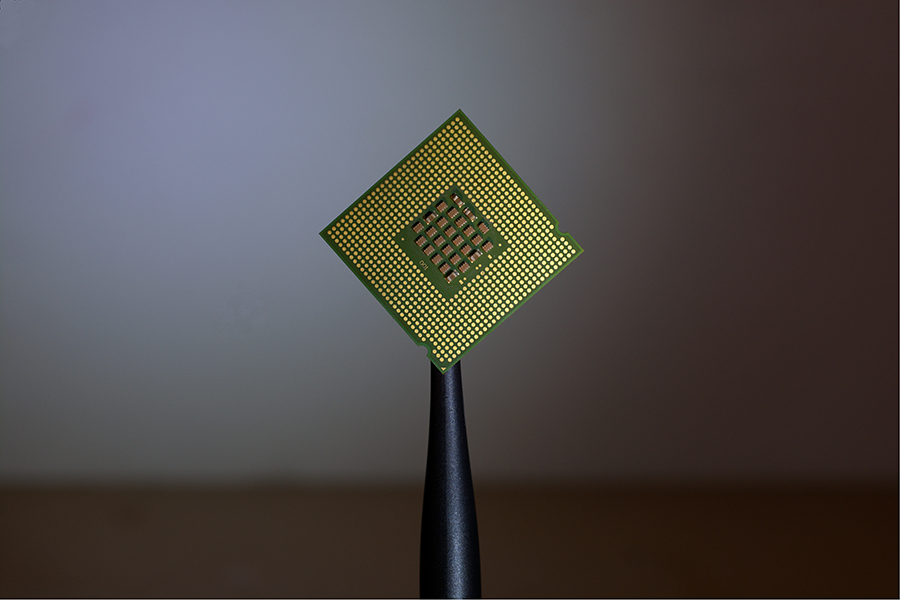
I got more ambitious and said I don’t want only kids; I want every citizen to learn coding for three reasons. Firstly, because this is a 21st-century skill. Secondly, I wanted to remove the barrier and fear of learning technology. Thirdly, we need coding to communicate with machines in the future. I wanted Saudi to become the first to know how to adopt these new technologies.
“I wanted to remove the barrier and fear of learning technology.”
Deemah Al-Yahya, Advisor and Chief, Misk Innovation, Misk Foundation
We worked on an online platform that talks to all ages, teaching what coding really means. The objective is not to develop coders, it’s to provide understanding. When the refrigerator has an error, I can read it and understand it. When I’m in a self-driving car, I can understand it. We reached 120 provinces and villages in Saudi. We went into the private sector, the government, schools, and one million individuals were certified in 100 days. People found the experience highly relevant, they feel they are part of the change, and they are empowered. Next year, it will be even bigger.
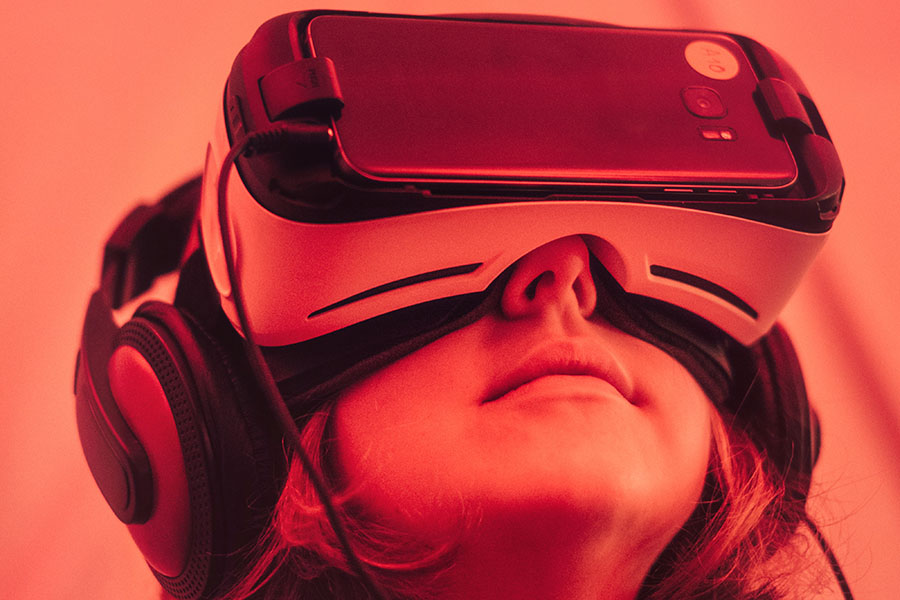
How do you think digitalization will help transform the role of women in the economy?
I believe that giving a woman access to the Internet will grow the economy rapidly. You give her access to knowledge, collaboration, diversity and opportunity, creating jobs for her and for others.
Connectivity has a big role in empowering females. For example, a woman in the south was a divorcee and stay-at-home mom. She couldn’t go out, and her opportunities were limited because of her education. There was a flower from her region that she used to use to make products. Her daughter taught her how to make a website and she created her own e-commerce site and started selling her products. Now she is exporting and earning a multi-million revenue every year. She opened sixty houses by recruiting sixty women region-wide.
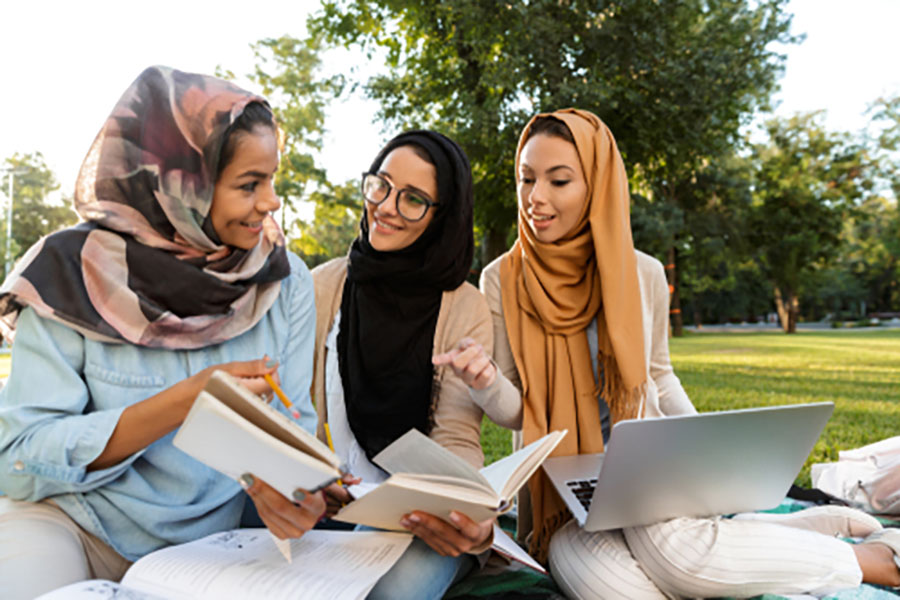
Technology allows people in remote areas or people who are more culturally conservative to provide for themselves from the comfort of their own homes. I am against forgetting our values; I am proud of our culture. We can reach the moon while maintaining our values, and at the same time making a better future for our daughters and sisters. Technology enables us.
Along with her work in Misk Foundation, Al-Yahya is a member of the Global Future Council for Digital Economy and Society at the World Economic Forum, a member to the advisory board at STC Academy, and a member of the board of directors of the Saudi Federation for Cyber Security and Programming![]()
As published in Fortune magazine









